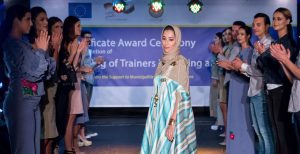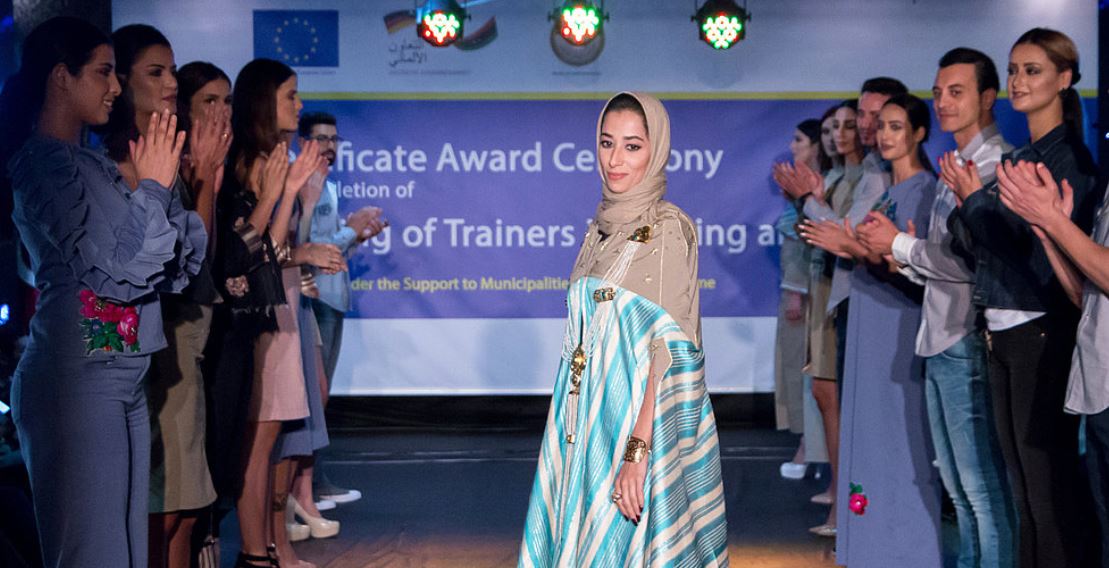By Sami Zaptia.

London, 13 August 2020:
Approximately 1,200 large and small projects were selected by the end of 2019 with more than 100 of them under way in Libya, Germany’s GIZ reports in its latest bulletin.
Some 17 municipalities throughout the country are currently participating in some of these. More than 1.4 million people will potentially be reached as a result, GIZ added.
For example, 16 municipalities already have environmental laboratories to test drinking water and food quality. One women’s centre is already up and running and nine others are in the process of being set up. An e-learning centre has also been created to offer young people courses in subjects like photography and writing.
GIZ says the Libyan public is involved in deciding where the need is greatest. More than 1,000 residents participated in dialogue forums where they took joint decisions about which measures are important to improving basic public services.
GIZ is managing projects remotely from neighbouring Tunisia because of Libya’s security situation. National staff are working in Libya itself. This approach delivered significant progress despite the war that was going on until June this year, GIZ reports.
Women’s Development and Training Centre in Hay al-Andalus
The Women’s Development and Training Centre in Hay al-Andalus is the first of 10 centres that are being set up in Libya with support from GIZ on behalf of BMZ and the EU.
Women’s rights activist Souad Khalifa sits on the management board of the Centre. She completed her training in Tunis and took what she learned back to Libya with her. She is considered by GIZ as a shining example in Libya because of her dedication to the cause of women’s empowerment.
GIZ describes her as ‘‘a really special women’s rights activist’’. She encourages other Libyan women to gain economic independence and acquire social skills for the job market ‘‘spreading hope in dark times’’ – in the middle of a civil war.
At these centres, GIZ reports, women can take courses in sewing and tailoring and learn how to build their self-confidence at work, for instance through computer classes, presentation courses or English lessons. The participants have also accepted some job orders, including making bed sheets for hospitals. Twenty-six textile processing trainers are already sharing what they know.
In April 2019, some of the women showcased pieces of clothing that they had designed and manufactured at an international textiles fair in Tunisia. ‘‘It’s about so much more than putting women in front of a sewing machine here,’ says Khalifa. ‘It’s a process of raising awareness and about teaching women to develop confidence in their own skills.’’
The centre in the Hay al-Andalus district of Tripoli, is part of a larger programme aiming to bring about improvements within municipalities in Libya. When the central government falters because of the political climate, it is up to municipalities to care for people, GIZ explained its rational.
The aim is to ensure that they gain or retain an ability to operate, even in difficult times, for instance through economic stimulus measures, training, better water supply, new sports facilities – or women’s training centres. Municipalities are selected using criteria defined with Libyan partners and commissioning parties. This means that GIZ is only working in places where other implementing organisations are not already operating to avoid duplication, concluded the GIZ report.






